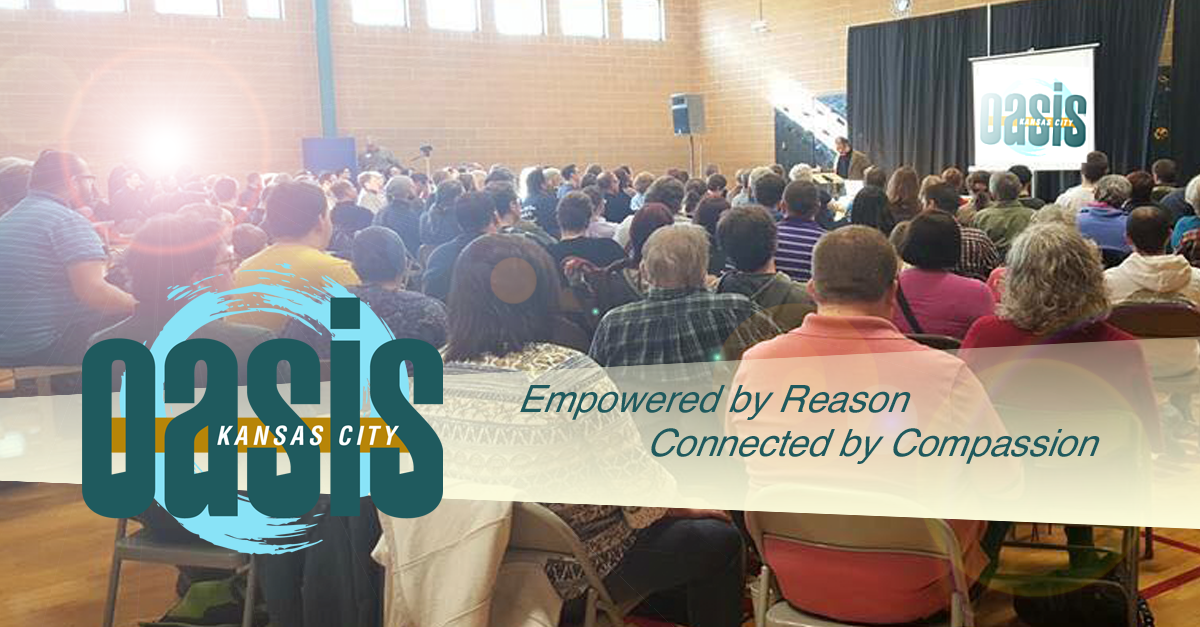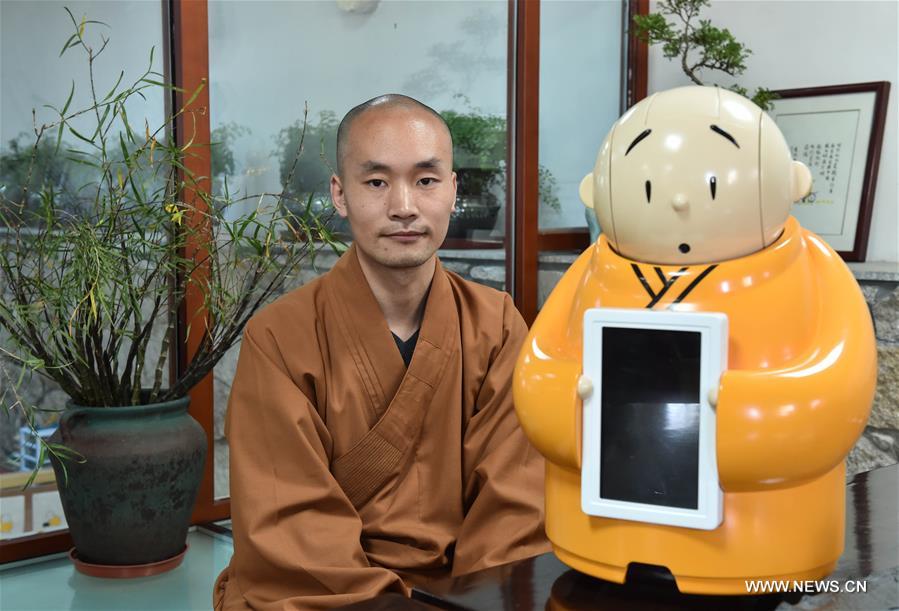On/File: A Continuing Record of Groups, Movements, Events and People Shaping Religion
- Oasis is one of several networks of atheist or humanist congregations that have emerged in the past few years. As with the more well-known secular congregations known as Sunday Assemblies, Oasis brings together non-believers for church-like functions, involving services with live music, sermon-like messages, children’s activities, and testimonies of losing one’s faith while finding secularism. Founded in 2012, Oasis now has affiliates in seven U.S. cities and one in Toronto, with several more being planned. Leaders and participants see the network as an alternative to the polemics of the new atheism, as they are more focused on “bringing people together than on proving their ideas” or belittling believers; the Kansas City Oasis even invites speakers from religious communities to discuss topics related to their faith. Most Oasis groups have formed in areas with high numbers of evangelicals and Mormons, possibly serving as a subculture of support for secularists, even as they compete with traditional congregations. (Source: The Atlantic, September 11).

- Longquan Monastery in Beijing, China, has become a center for stressed-out tech professionals, though its message and methods owe a lot to technology itself. Some of the most educated monks in the world run the temple, including nuclear physicists, math prodigies, and computer programmers who gave up their jobs for the monastic call. The monks have used their technological and media prowess to pioneer a series of cartoons based on Buddhist concepts as well as a robot to answer visitors’ questions, as well as equipping the temple with fingerprint scanners, web cams, and iPads for studying Buddhist texts. The temple stresses connectivity rather than seclusion and offers talk and seminars on practical topics, such as achieving success and resolving family conflicts, rather than being focused on meditation and philosophical questions. The temple has become a showpiece for the ruling Communist Party, with its leader the Venerable Xuecheng serving as president of the party-controlled Buddhist Association of China. But Xuecheng has also sought to export the teachings of the temple as a global product, translating his writings into a dozen languages and opening a temple in Botswana for Chinese expatriates. The temple has become a pilgrimage site for those in start-up circles, with professionals believing they will get inspiration and creativity for their companies, as well as some respite from the materialism and pressures of society. (Source: New York Times, September 7).



